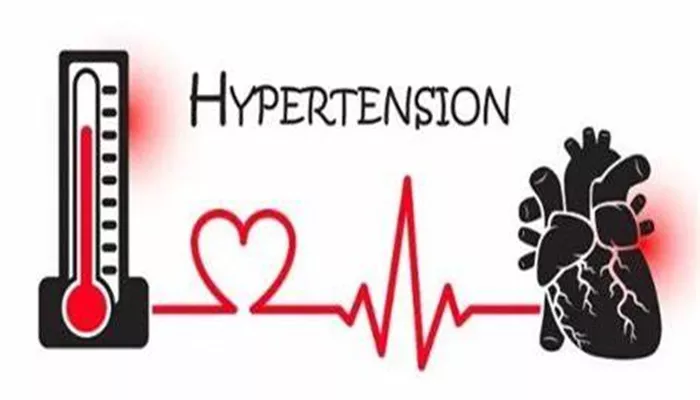The Centre for Chronic Disease Control (CCDC), a non-profit organization focused on healthcare, announced the completion of a significant study on drug treatment optimization for hypertension in India on November 19, 2024. This research tested the effectiveness of three two-drug combinations in South Asian populations with uncontrolled high blood pressure.
Conducted over two years in collaboration with the All India Institute of Medical Sciences (AIIMS) and Imperial College London, the study found that all three combinations were equally effective and safe in managing blood pressure. The combinations evaluated were Amlodipine + Perindopril, Amlodipine + Indapamide, and Perindopril + Indapamide.
With South Asians representing 25% of the global population and over 300 million individuals in India suffering from high blood pressure, this study is the first randomized trial to assess anti-hypertensive choices in this demographic. “These findings will provide clinicians a roadmap for addressing the burden of hypertension,” stated a press release.
The results indicated that approximately 70% of participants achieved blood pressure control below 140/90 mmHg. This rate is five times higher than current control rates in India using single-pill treatments.
Additionally, all combinations demonstrated an excellent safety profile, with less than 3% of participants withdrawing due to adverse effects, highlighting the tolerability of the study drugs.
Dorairaj Prabhakaran, executive director of CCDC and one of the principal investigators, noted that a once-daily single-pill combination of two blood pressure-lowering drugs can effectively control hypertension. “This aligns with several international guidelines, simplifies hypertension management, and offers more options for doctors. With this evidence, healthcare professionals can better recommend these three combination therapies for managing hypertension among South Asians,” he said.
The study involved participants from 35 clinical sites across all four regions of India, including both rural and urban populations.
Participants ranged in age from 30 to 79 years and had diverse clinical profiles, making the results applicable to a broad audience.
Ambuj Roy, a professor in the Department of Cardiology at AIIMS, emphasized that this study fills a critical knowledge gap in hypertension treatment for South Asians. He pointed out that achieving blood pressure control with a single pill daily for 70% of participants significantly exceeds current control rates in India by five times. This has important implications for managing hypertension, which remains a major public health challenge in the country.
Related topics:


